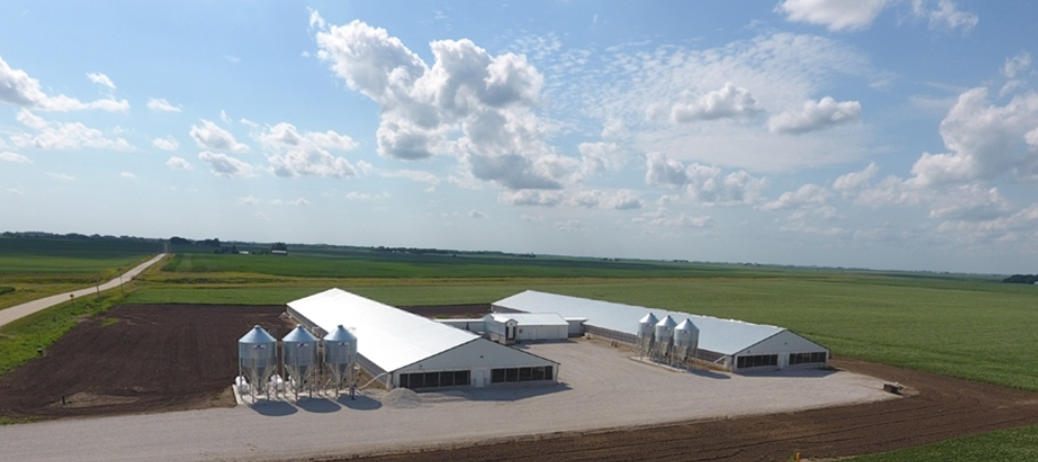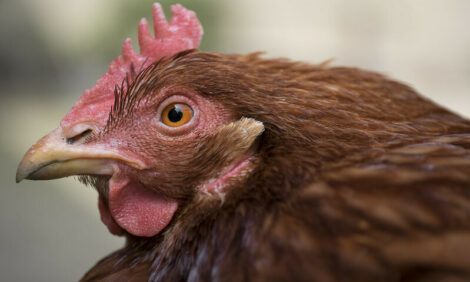



Being a good neighbour is just smart business: four tips to clean up your operation
Tips for having good relations with residential neighbours.It is a fact of life that the countryside around us is changing. Places, where there were nothing but green fields and farm sites have been replaced with new neighbours seeking a rural lifestyle. Many of these new neighbours come without a rural background and are unaccustomed to the sights, sounds, and smells of modern animal production.

While it may not be possible to turn every production site into a rural showcase, the appearance of our farms goes a long way to building acceptance by non-farming neighbours.
Mow the grass
While nobody expects a suburb-worthy lawn on a farm, regular mowing and weed trimming gives every site a business-like appearance. Adding a gravel border around the buildings gives them a clean look and makes trimming easier.
Maintain the driveway
Driveways full of ruts and potholes create a bad impression on traffic driving past the farm. Regular blading and filling the low spots goes a long way to improving the site entrances. Pay particular attention to the borders and cut back any vegetation creeping into the roadway.
Plant border trees
The old axiom "Out of sight is out of mind" is especially true in this case. Neighbours will probably have less reason to smell a site they can't see. While every region of the country will vary according to the best varieties to plant, fast-growing trees such as poplar, willows, and cedars quickly create a "green screen." Consider turning the border into a multi-species windbreak to provide habitat for wildlife. It's harder to consider a site a nuisance with pheasants, quail, and deer taking shelter in the borders. Also "green screens" may provide some level of odour and dust control.
Cover up mortalities
The average death loss at a production site is between two and three percent. It can be a little shocking to a neighbour unfamiliar with the scale of a typical operation to see many chickens laying on the ground. While most dead boxes have a fence around them, it is not uncommon to drive down the road and see gates left open and visible carcasses.
We all have hectic schedules, and it is easy to put off grounds maintenance for tasks that seem more important. But taking time to do basic upkeep may help prevent bigger headaches with our community down the road.









